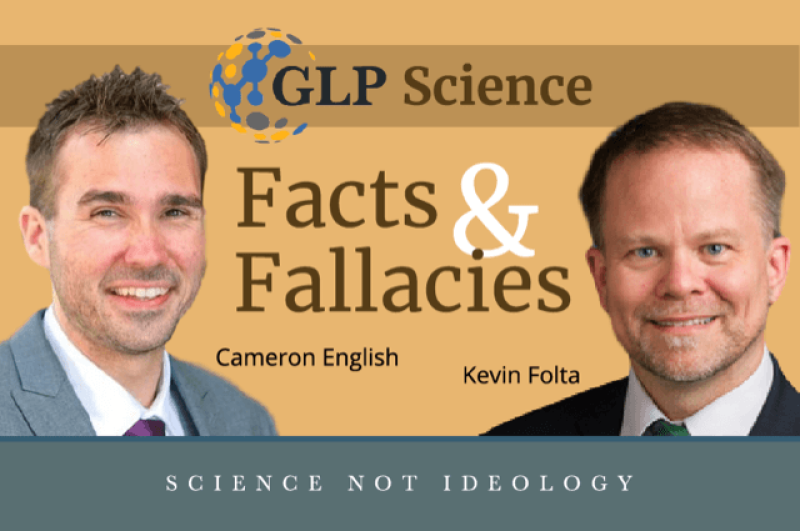Podcast:
Podcast: Play in new window | Download
Subscribe: RSS
Video
Join guest host Dr. Liza Dunn and GLP contributor Cameron English on episode 215 of Science Facts and Fallacies as they break down these latest news stories:
Multiple studies over the last several decades have suggested that eating yogurt can reduce your risk of obesity and diabetes. Oddly, similar evidence indicates that ice cream may also confer the same health benefits. The medical community has reacted very differently to the data surrounding these two foods. The potential health benefits of yogurt were trumpeted in the headlines ad nauseam, while the upside of eating a little ice cream daily was quietly sidelined. Why the divergent reactions? Do yogurt and ice cream really reduce diabetes and obesity risk, or should we approach these claims with skepticism?
In January 2023, Michigan State University economist Mark Skidmor published a study alleging that nearly 300,000 people may have died as a result of getting vaccinated against COVID-19. The paper attracted fierce criticism following its publication and was finally retracted in April. Critics said Skidmor’s study was fundamentally flawed because he inappropriately extrapolated from a survey of just under 3,000 people to make substantial and alarming claims about the safety of widely used vaccines. The question is, why was such a flawed paper published in the first place?
Are you worried about BPA in your food containers and receipt paper, or pesticides in your fruits and veggies? If so, you should stop drinking alcohol immediately. The reason is pretty simple. Although there is very little evidence to justify fears about the trace amounts of chemicals we’re exposed to every day, there is a lot of evidence indicating that alcohol, consumed in high enough doses for an extended period, can cause a variety of cancers. This observation nicely illustrates an important point about public health: people are generally very bad at assessing the risks they face. Why is that?
Dr. Liza Dunn is a medical toxicologist and the medical affairs lead at Bayer Crop Science. Follow her on Twitter @DrLizaMD
Cameron J. English is the director of bio-sciences at the American Council on Science and Health. Visit his website and follow him on Twitter @camjenglish































